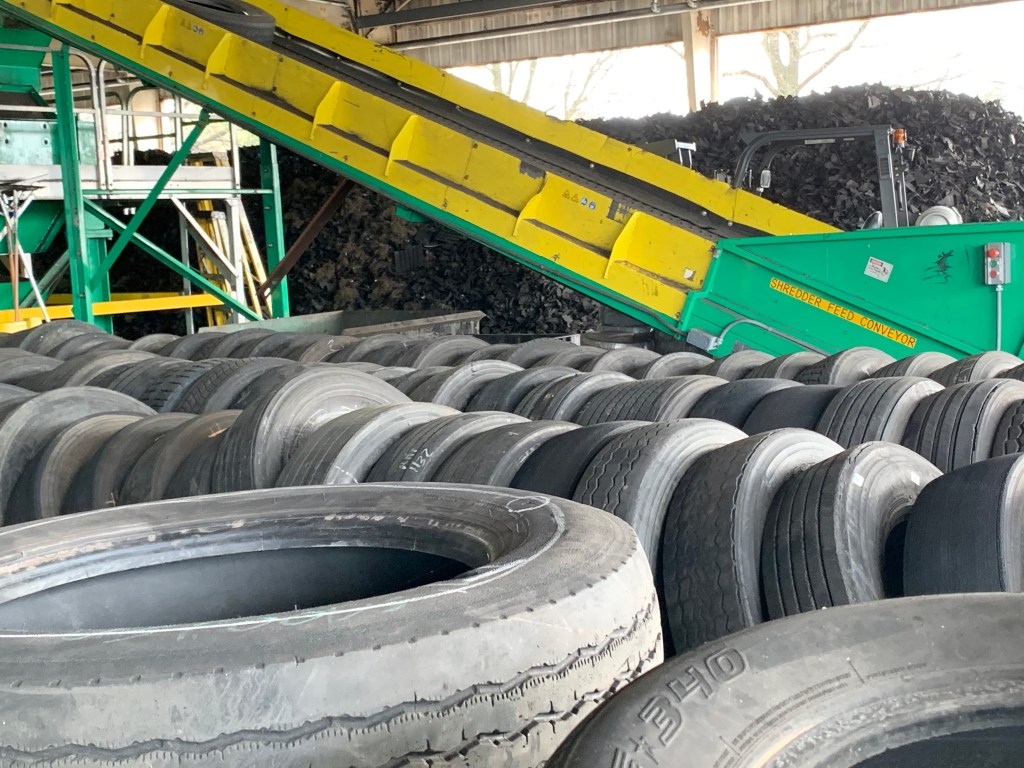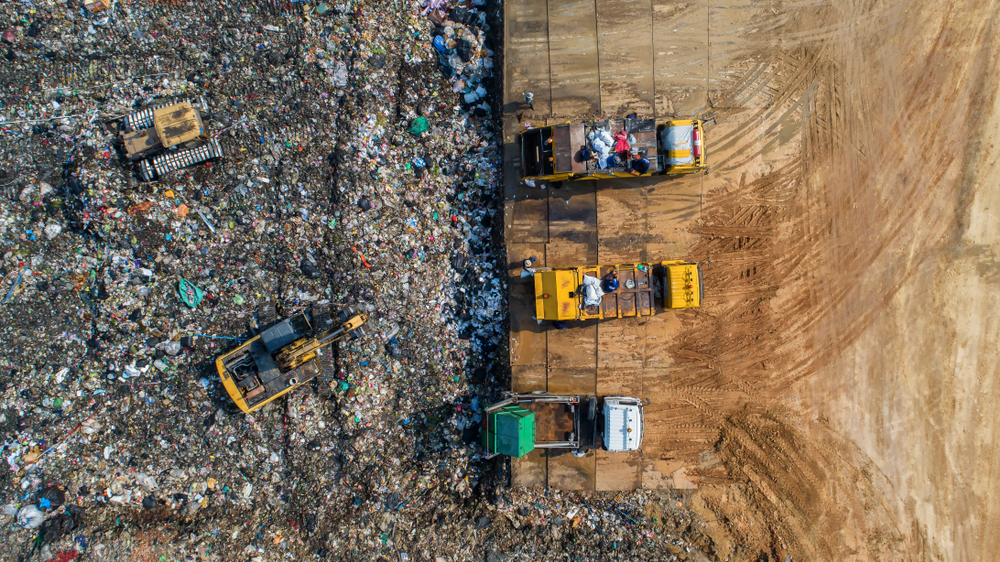Circular Economy
Moving beyond 100% recyclable goals
Numerous companies have set recycling 100 percent recyclable, reusable, or compostable packaging goals. But how are they getting there and is it enough? Read More
The long-and-winding road toward more circular tires
The industry is pushing for more ‘sustainable’ materials and pushing collection efforts, but recycled rubber is still more likely to find a home outside of new tires. Read More
The problem with zero-waste goals is the word 'waste'
Sustainability advocates celebrate zero-waste goals. But perhaps they have the unintended effect of labeling certain materials as needing to be eliminated. Read More
The electric revolution needs sustainable battery materials
Mining giants, battery makers, auto manufacturers and energy companies must create an entirely new framework to source, extract and process battery materials sustainably. Read More
Want to switch to reusable cups? Here’s how to get started
A workable system must consider consumer demand and readiness, cultural differences and financial barriers. Read More
What will it take for 2021 to be a groundbreaking year for circular fashion?
More than 100 billion garments are produced annually. Many end up in the landfill. Read More
A circular economy is vital for meeting goals of the Paris Agreement
Commitments have been made to significantly reduce greenhouse gas emissions from energy. But to achieve net-zero by 2050, we need to address the way we make and use products, materials, and food. We need a circular economy. Read More
Meet the woman focused on making the EU circular
The new president of European Economic and Social Committee, Christa Schweng, answers key questions on how she plans to grow the circular economy in the EU. Read More
How the EU’s new ‘toxic-free’ vision could shape your safer chemicals strategy
Beyond its direct effects on protecting the health of consumers and reducing toxic chemicals in the environment, the chemical strategy is a key component in the EU’s path towards a circular economy. Read More
Systems for managing e-waste aren't keeping up with the consumer electronics market
The U.S. exports up to 40 percent of its e-waste, some of which goes to regions such as Southeast Asia that have little environmental oversight. Read More









